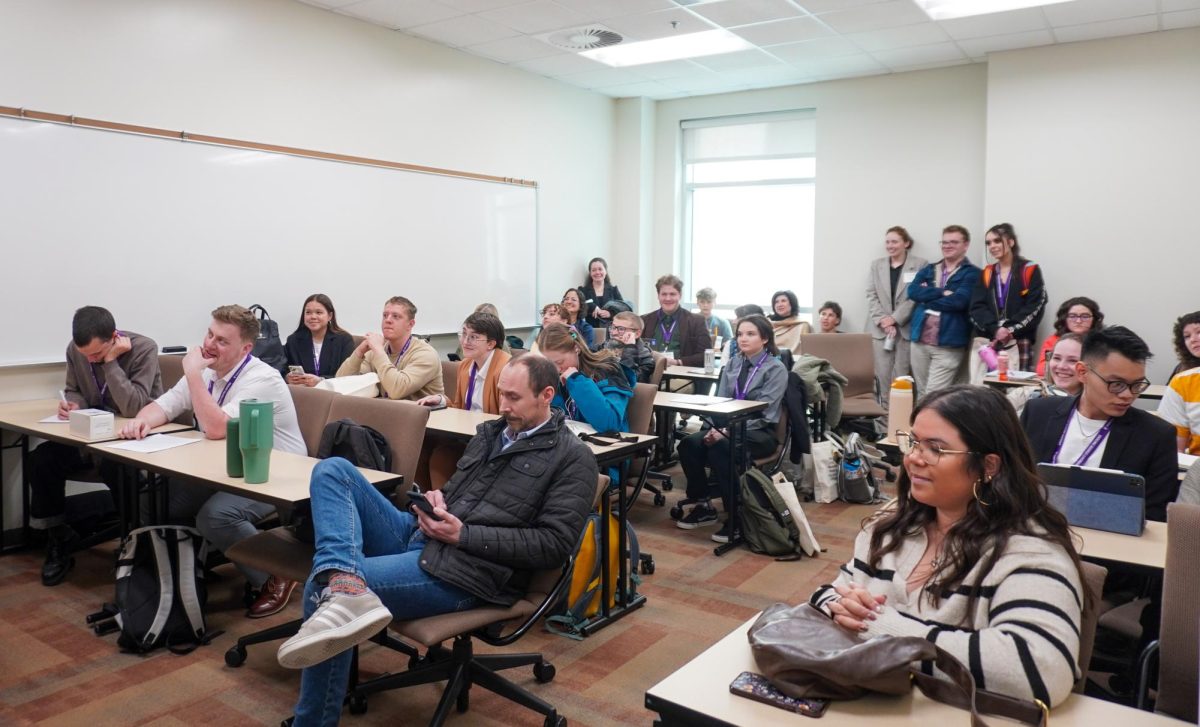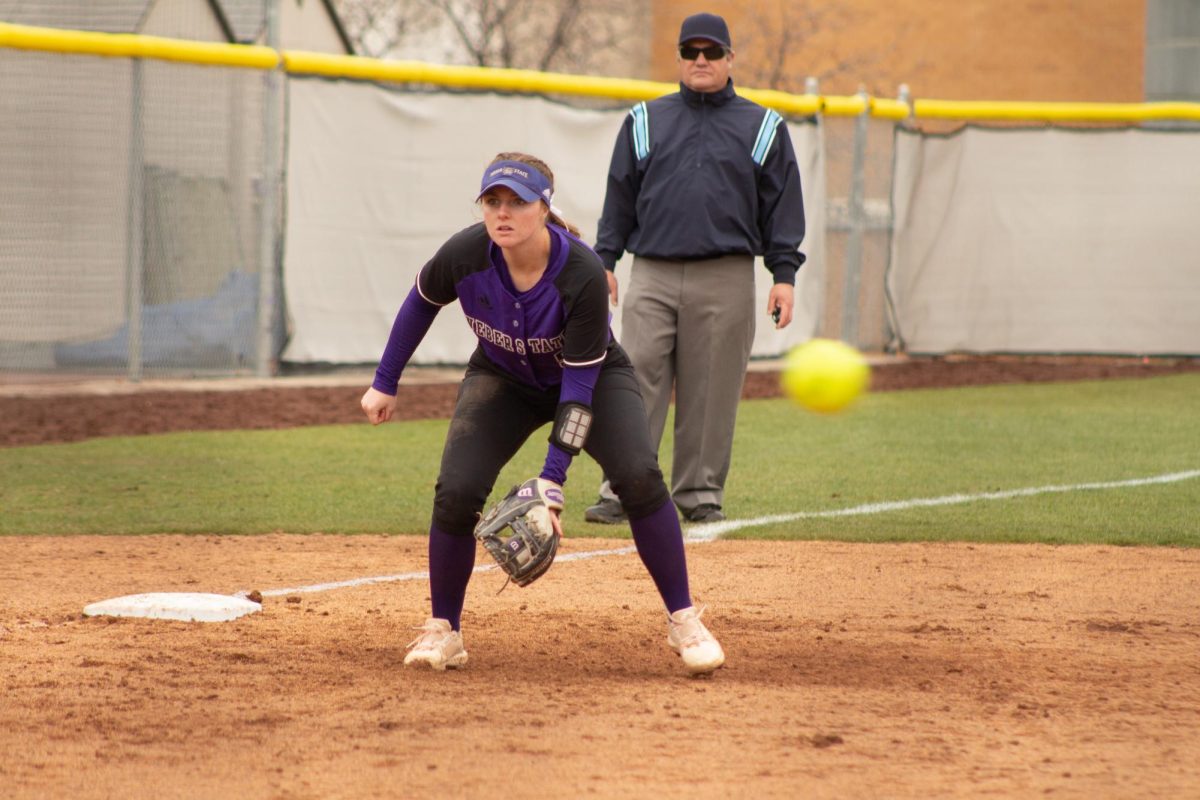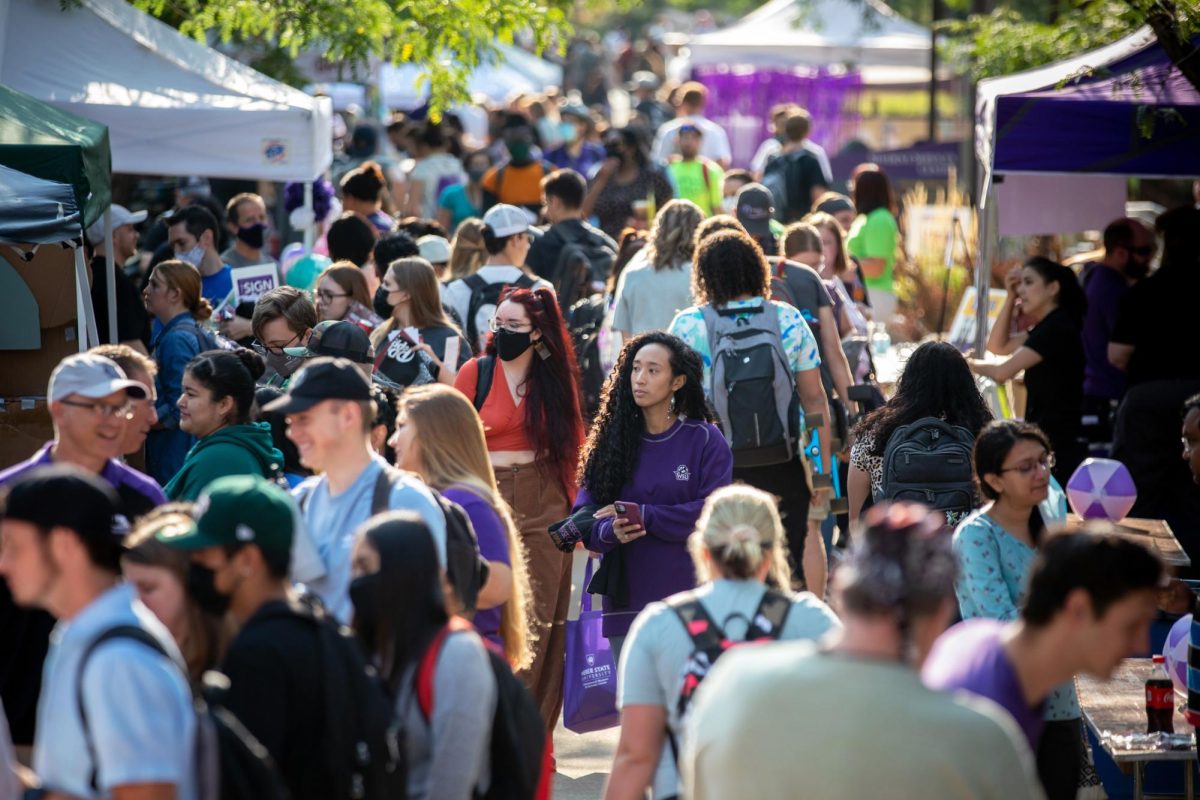According to Jayson Stokes, coordinator of the LGBT Resource Center at WSU, individuals within the LGBTQ+ community often experience feelings of isolation.
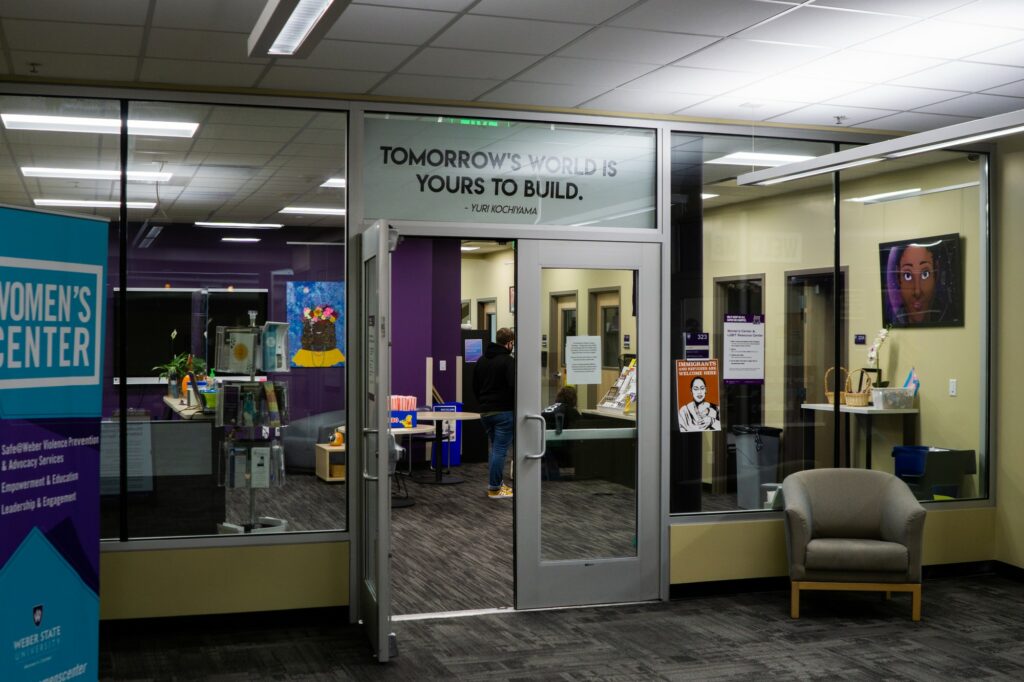
“It can be very difficult for individuals to meet others in the community, and resources supporting the LGBTQ+ community are oftentimes limited or unavailable to many people,” Stokes said.
However, the COVID-19 pandemic has worsened these obstacles, and in-person resources have become further limited.
“LGBTQ+ people are also more likely to struggle with anxiety and depression than their heterosexual counterparts due to social stigma and misunderstanding facing the community,” Stokes said. “The pandemic has increased individual’s feelings of depression and anxiety.”
Despite everything, the LGBT Resource Center is still open and able to provide its services and resources, following CDC guidelines and protocols.
Stokes said that the center is still offering the LGBTQIA Support/Discussion Group in collaboration with the Counseling and Psychological Services Center.
The LGBTQIA Support/Discussion Group allows students to learn and teach each other while discussing various topics: coming out, self-acceptance, family issues and dating/relationship challenges.
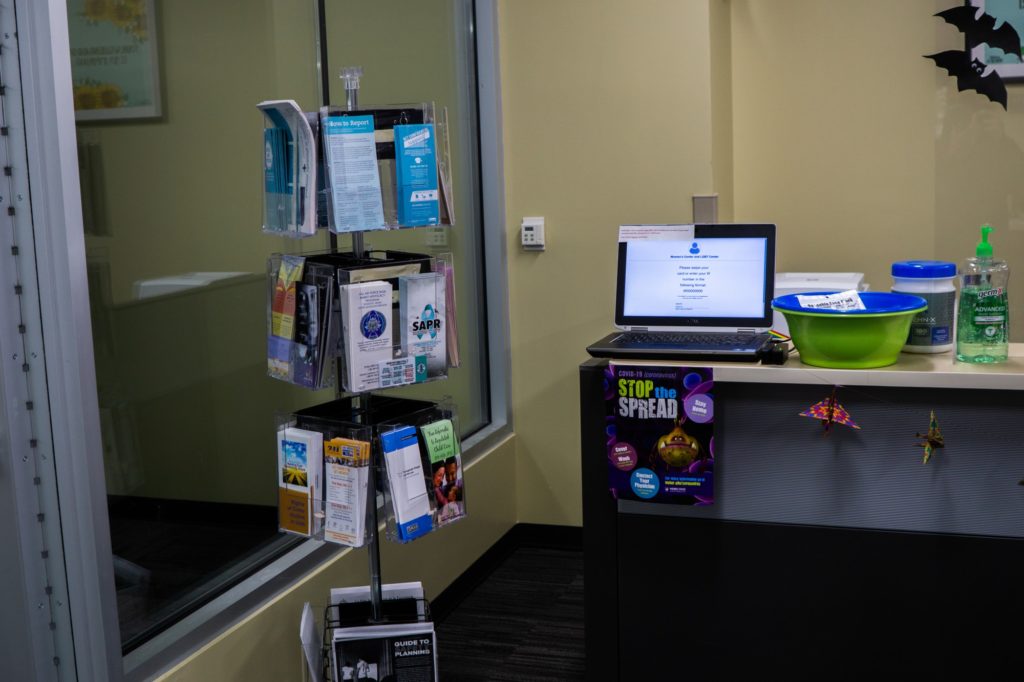
The center is also still providing support and advising to students, including services in advocacy and outreach.
Students are still able to go to the center and access the center’s media library. They can also attend workshops like LGBTQ 101, Transgender 101 and Ally training over Zoom.
Stokes said it’s important to remember that the pandemic affects every community disproportionately and each person differently.
“If people need services and support, but don’t know if those resources and services are still available, they should feel free to contact our offices to find out how we can be of assistance,” Stokes said.
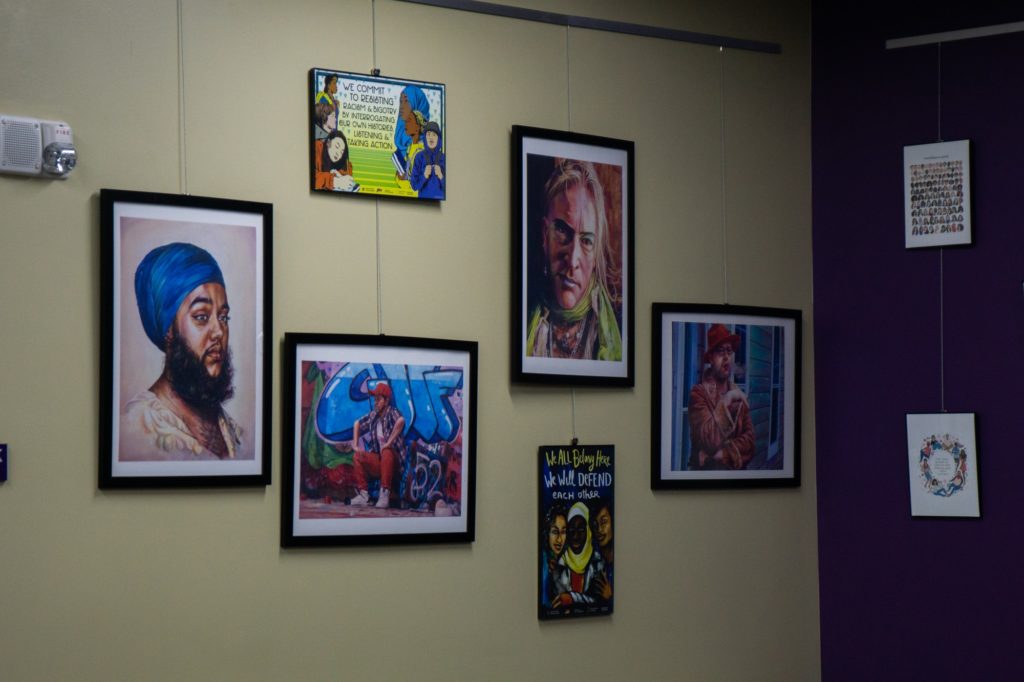
Stokes said it’s also important to engage in self-care and encourage others to look after themselves.
“We should all be trying to maintain our relationships and to reach out to friends, family and acquaintances,” Stokes said. “It is important to think of those in our community who are most vulnerable and to try and support them in any way that we can.”









